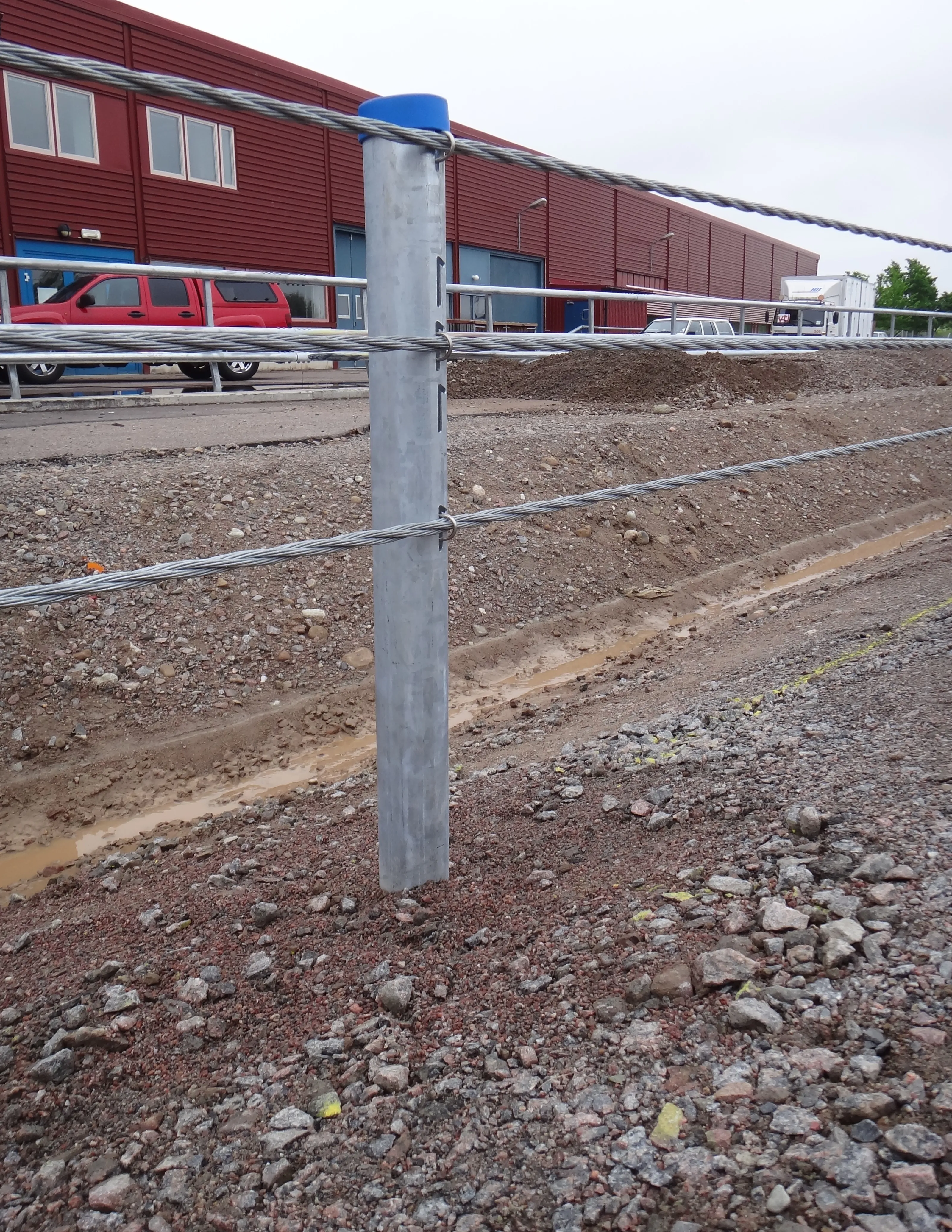Road traffic accidents are expensive and often frightening, and now most drivers will have encountered an average 80km/hr speed limit on a fast moving road.
February 24, 2012
Read time: 1 min

Road traffic accidents are expensive and often frightening, and now most drivers will have encountered an average 80km/hr speed limit on a fast moving road.
Keeping both lanes of traffic separate is the key to traffic safety, but when a driver loses control of a vehicle, and heads for the other lane of oncoming traffic, there is the potential for a serious accident. Having a barrier system in place that can keep the traffic safely separated reduces the risks for everyone concerned.
3198 Hazard Safety Products says that new BR22 Traffic Separators are now available to BS EN 1317-N1 50mph (80km/hr) test, and are designed to offer maximum safety.
"The range of products is one of the quickest deployable barrier systems on the market, and with up to 200m per load they offer huge savings on labour and transport," says the company.
On impact, the water-filled sections of the RB22 Barrier system will bring an errant vehicle safely to a controlled stop.
Keeping both lanes of traffic separate is the key to traffic safety, but when a driver loses control of a vehicle, and heads for the other lane of oncoming traffic, there is the potential for a serious accident. Having a barrier system in place that can keep the traffic safely separated reduces the risks for everyone concerned.
"The range of products is one of the quickest deployable barrier systems on the market, and with up to 200m per load they offer huge savings on labour and transport," says the company.
On impact, the water-filled sections of the RB22 Barrier system will bring an errant vehicle safely to a controlled stop.






